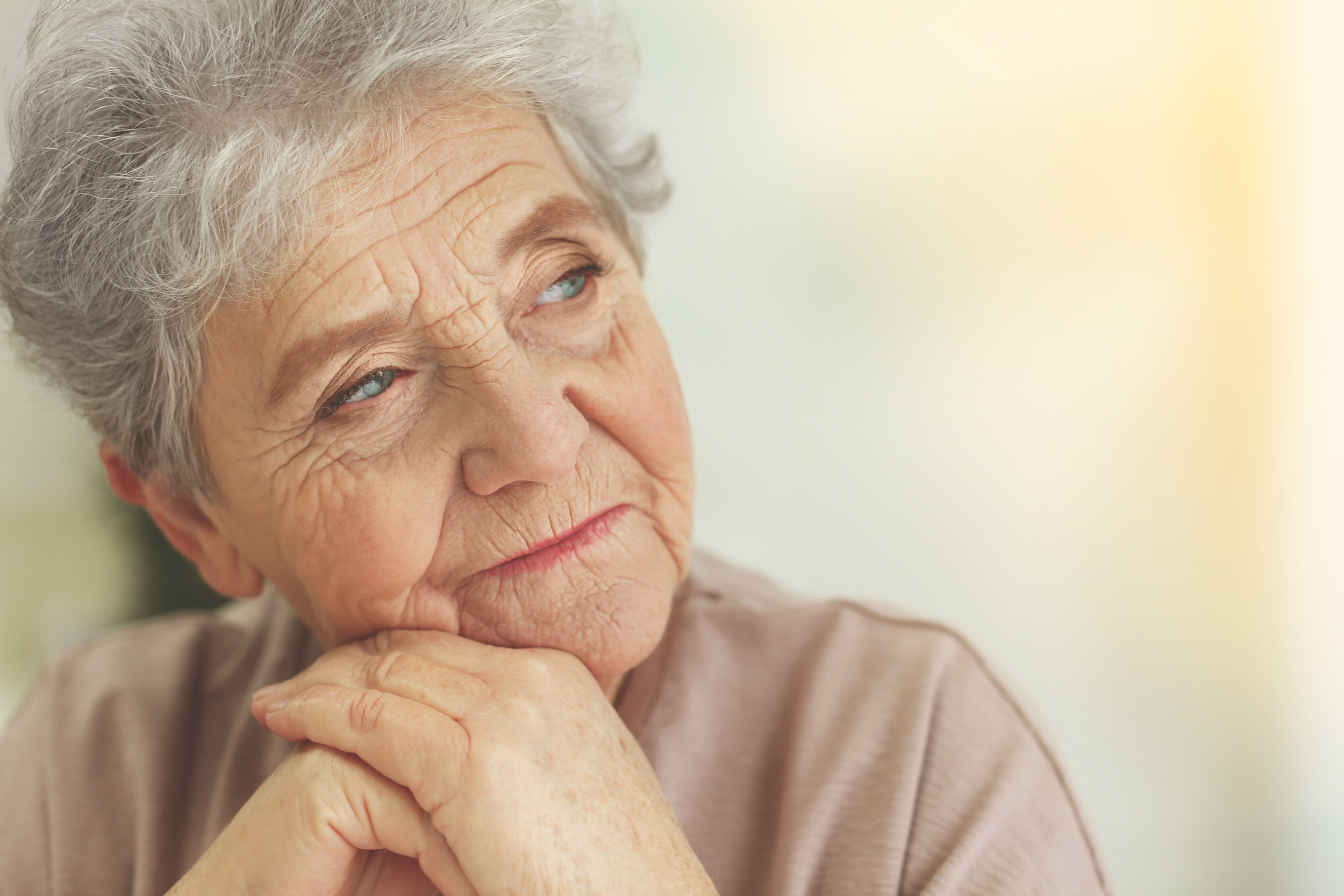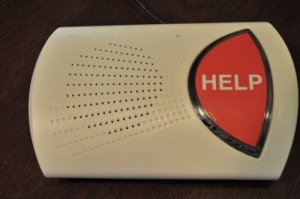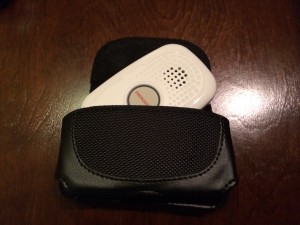Dangers of Seniors Living Alone
According to the 2010 United States census, there are 40.4 million Americans over the age of 65, a 15.3% increase over the 2000 figures. That number is expected to grow to 54.8 million in 2020 and a staggering 72.1 in 2030. Currently about 29% (11.3 million) of seniors live alone, and that number is expected to grow as the senior population grows.

Also, you are not a burden to anyone. So many seniors who live with their children feel they are just an inconvenience to them. Living alone also keeps seniors out of nursing homes or assisted living facilities, which is the worst-case scenario for so many people who value their independence.
There are marked disadvantages to living alone, however, most of them dealing with health. Seniors are very susceptible to falls — a third of seniors will suffer a fall every year. Seniors who live alone may not be able to call for help in the event of a fall, and that could have tragic results. If you live with someone, they can call for help.
Seniors living alone could also fail to recognize when a serious health problem is about to arise. Someone watching a person every day might be able to spot something that even that person might not see, such as changes in behavior or diet. That could potentially be live saving.
Speaking of diet, studies show that seniors who live alone are less likely to prepare healthy meals for themselves than those who live with others. A nutritious diet is crucial to overall health, and eating poor foods can bring on all sorts of ailments or exacerbate existing conditions. Because of memory problems, seniors could forget to take care of themselves and perform common household chores. That would not happen if they were living with other people. “Being alone does offer less protection than if you have other people,” said Debra Whitman, the AARP’s executive vice president for policy. But there is protection available for seniors who insist in living alone or with a spouse — a medical alert system. Such a system is very similar to having someone living with you, except they are not there unless you really need help.
All you need to do is press an alert button that you wear discreetly around your neck or wrist, and you will be in contact with a trained medical monitor who is there to help you. If you have suffered a fall or a serious medical attack, the monitor will call for an ambulance. If you are just a little scared and think something might be wrong, the monitor will talk to you to determine whether something is going on or whether you are just a bit anxious or stressed. And with senior women, who unfortunately are more vulnerable than their male counterparts, far outnumbering men, a medical alert system is absolutely vital for them.
With a medical alert system, you can maintain your precious independence, but still have the luxury that help is just the press of a button away if you ever need it.



